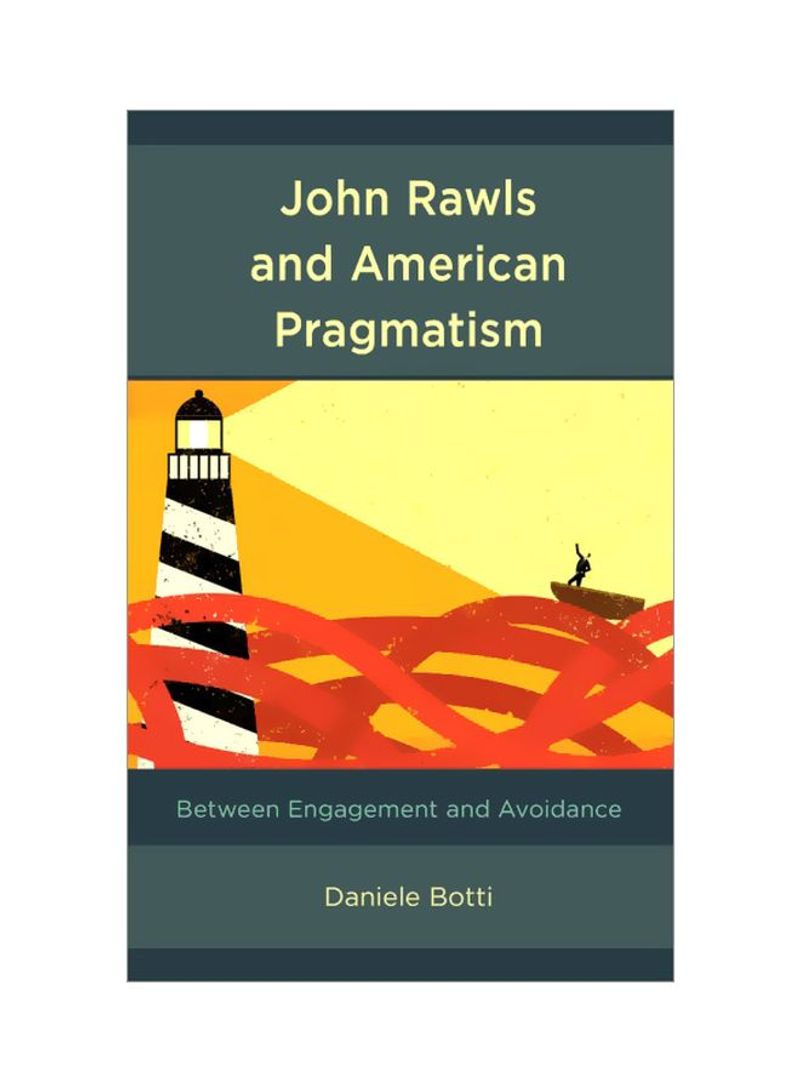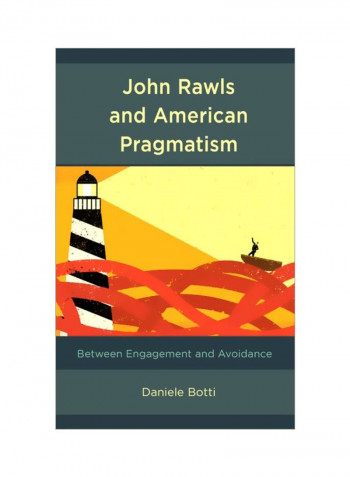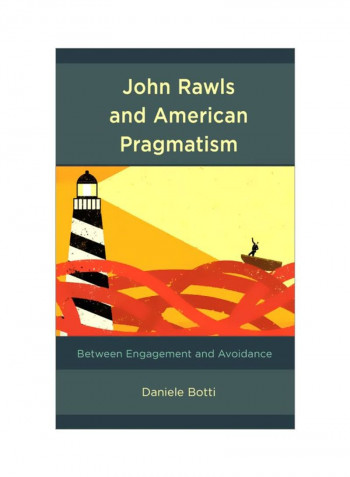John Rawls And American Pragmatism: Between Engagement And Avoidance Hardcover
Recommend
Sort by
Rating
Date
Specifications
Grade
New
Author 1
Daniele Botti
Book Description
The textual and contextual connections between John Rawls's intellectual figure and American pragmatism (broadly conceived) have become topics of discussion only recently. This is at least in part due to the fact that Rawls seemed to have taken a "pragmatic turn" in his intellectual trajectory-from A Theory of Justice (1971) to Political Liberalism (1993). John Rawls and American Pragmatism: Between Engagement and Avoidance intervenes in these discussions with two unconventional claims corroborated by archival research. First, Daniele Botti shows that Rawls's thinking owes more to the American pragmatists' views than is generally recognized. Second, and in the light of the pragmatist sources of Rawls's thinking, Botti argues that we should reverse the common narrative about Rawls's alleged pragmatic turn and interpret it as a quite "un-pragmatic" one. By making the case for interpreting Rawls as an American pragmatist, this book profoundly transforms not only a widely held interpretation about Rawls's intellectual trajectory, but also our understanding of the American philosophical vicissitude in the second half of the twentieth century.
ISBN-13
9781498598316
Language
English
Publisher
Lexington Books
Publication Date
11-Oct-19
Number of Pages
280
About the Author
Daniele Botti is adjunct professor in the Department of Philosophy and Political Science at Quinnipiac University and in the Department of Philosophy at Fairfield University.
Editorial Review
Daniele Botti effectively upends the conventional view that Rawls's introduction of political liberalism marked a "pragmatic turn." Drawing on archival materials and on impressive philosophical learning, Botti locates deep pragmatist strains in Rawls's thought from the late 1940's onwards, predating Quine's publications and compromised, if anything, by political liberalism's step back from universalism. The result is a highly illuminating account not only of Rawls's work as a whole but also of the great tradition of American pragmatism more generally. -- Henry S. Richardson, Professor of Philosophy, Georgetown University



